(PLVN) - Mr. Ngo Chung Khanh - Deputy Director of the Multilateral Trade Policy Department ( Ministry of Industry and Trade ) said that opportunities from FTAs help banks increase the number of customers and increase revenue. Because the number of enterprises participating in exports and FTAs, if they take advantage of them effectively, this is a potential source of customers for the banking system. Thus, in the immediate future, bank officials must clearly and deeply understand to take advantage of and implement FTAs.
 |
| Mr. Ngo Chung Khanh - Deputy Director of Multilateral Trade Policy Department (Ministry of Industry and Trade). |
(PLVN) - Mr. Ngo Chung Khanh - Deputy Director of the Multilateral Trade Policy Department (Ministry of Industry and Trade) said that opportunities from FTAs help banks increase the number of customers and increase revenue. Because the number of enterprises participating in exports and FTAs, if they take advantage of them effectively, this is a potential source of customers for the banking system. Thus, in the immediate future, bank officials must clearly and deeply understand to take advantage of and implement FTAs.
In recent times, when the Government signed and implemented FTAs, major banks have also organized many seminars and workshops to disseminate information, rules of origin and commitments in FTAs... Major banks have built strategies to approach human resource development, and they are interested in international integration and FTAs.
According to Mr. Ngo Chung Khanh, there is still no specific program related to supporting the banking industry to take advantage of FTAs or a program organized by the banking industry to help banking staff understand more deeply and clearly about FTAs...
"I hope that in the near future there will be an in-depth training session for bank staff on FTAs. The opportunities from FTAs are huge, helping banks increase the number of customers and increase revenue. Because the number of businesses participating in exports and FTAs, if they take advantage of them effectively, will be a potential source of customers for the banking system. Therefore, in the immediate future, bank staff must clearly and deeply understand to take advantage of and implement FTAs," said Mr. Khanh.
According to Mr. Khanh, in FTAs, banks need to understand the areas that banks can take advantage of from businesses such as taxes, rules of origin, customs, financial regulations, etc.
"If there is a comprehensive, systematic, in-depth, and consistent program, it will greatly help banks in assessing opportunities, assessing customers' potential, and making more effective assessments when reviewing applications for capital and loans... This is one of the issues that the Ministry of Industry and Trade wants to coordinate with related organizations to resolve and find solutions for," he said.
To further improve knowledge about FTAs for bank staff, Mr. Khanh was impressed with the approach of some large banks in the process of approaching FTAs and international integration. They have professional human resource training centers and a methodical approach strategy.
Regarding training human resources in the banking sector to implement FTAs, the Ministry of Industry and Trade recommends that associations, industries and enterprises further strengthen coordination to improve the human resources to implement and take advantage of FTAs. Enterprises really need banks, so they must connect with each other and participate in the industry ecosystem to take advantage of FTAs.
"We do not wait for the ecosystem to be established before doing anything, but it is important to do it in parallel. Besides building an ecosystem model, businesses and banks need to have initial cooperation and exchanges, one side shares about needs, the other side shares about strengths to support and respond" - Mr. Khanh said.
 Mr. Nguyen Canh Cuong - consultant of KTPC Company specializing in consulting on exploiting FTAs, former commercial counselor in the UK. Mr. Nguyen Canh Cuong - consultant of KTPC Company specializing in consulting on exploiting FTAs, former commercial counselor in the UK. |
Regarding the issue of access to capital and credit for Vietnamese enterprises in recent times, Mr. Nguyen Canh Cuong - consultant of KTPC Company specializing in consulting on taking advantage of FTAs, former commercial counselor in the UK said that on the business side, many Vietnamese enterprises have not prepared standard loan documents. In the context that credit officers must meet the debt balance target and at the same time ensure capital safety, incomplete documents or lack of convincing information often lead to banks refusing to lend. For credit officers, the top priority is still ensuring the ability to recover capital. Therefore, they often choose safe solutions instead of accepting risks with unclear documents, especially from small businesses or new customers;
On the banking side, Mr. Cuong noticed a significant difference in the capacity of credit officers between Vietnam and banks in Europe. In Europe, credit officers often have experience working in auditing companies, investment funds or investment planning departments before moving to the banking sector. As a result, they possess in-depth analytical skills, understand the business operations and accurately assess the ability to repay debts. This helps them make more effective and transparent credit decisions.
In contrast, credit officers in Vietnam often lack multidisciplinary experience, many of whom spend their entire careers working solely in the banking industry without experiencing other roles in the financial sector. Therefore, the ability to analyze and evaluate loan applications of some officers is limited.
To solve this problem, he said, there needs to be coordination between state management agencies, banking associations and training organizations to organize knowledge update programs and improve the qualifications of credit officers. This not only helps banks better meet the needs of businesses, but also creates conditions for businesses to easily access credit capital, making the most of the opportunities brought by free trade agreements (FTAs).
Source: https://baophapluat.vn/tan-dung-cac-fta-giup-ngan-hang-tang-doanh-thu-post534291.html








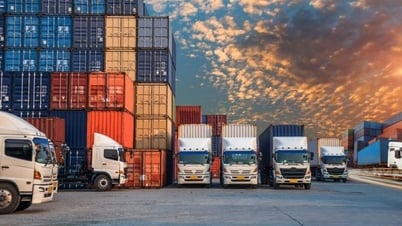



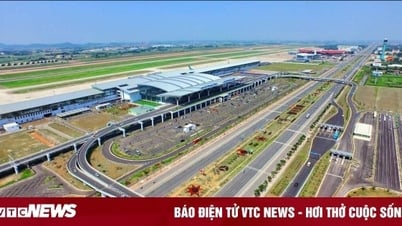

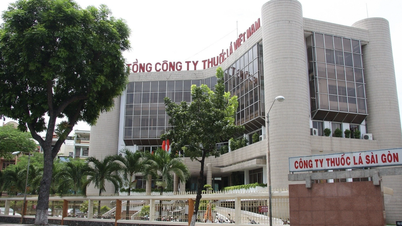








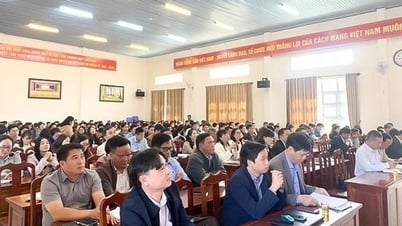
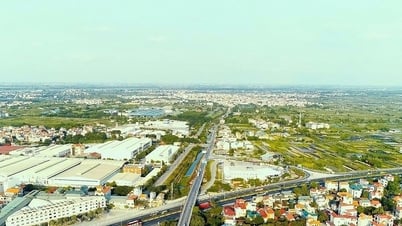
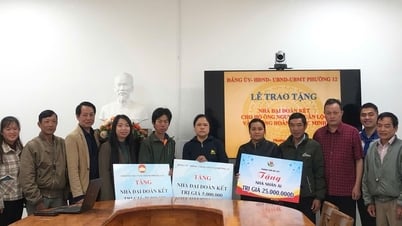
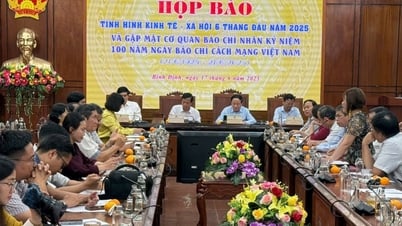
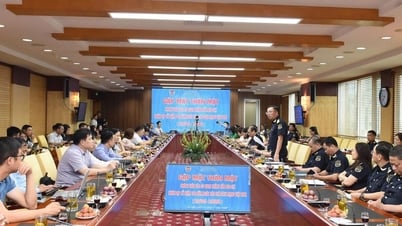




















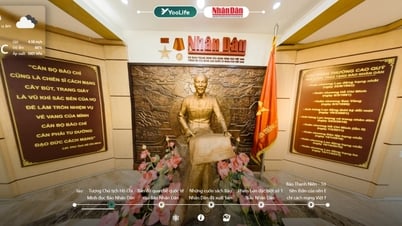


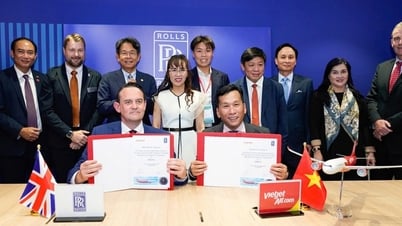

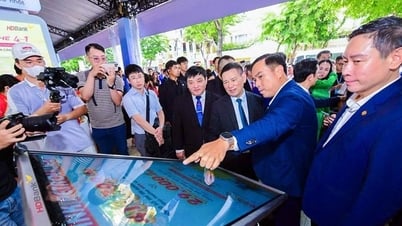



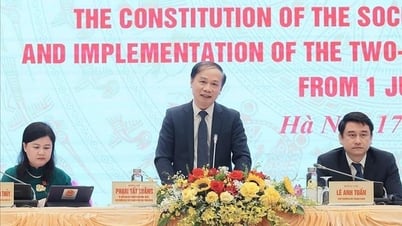





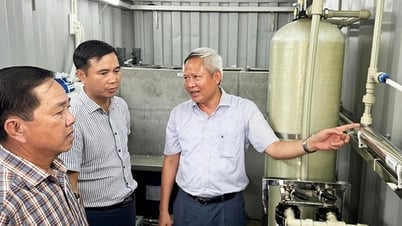

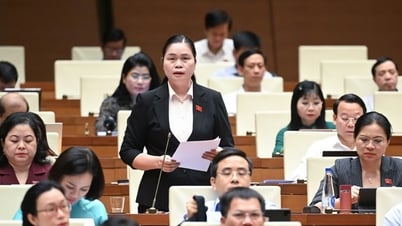





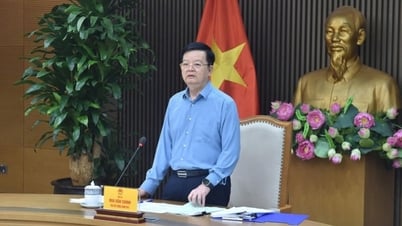






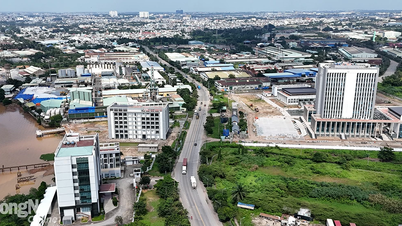


















Comment (0)